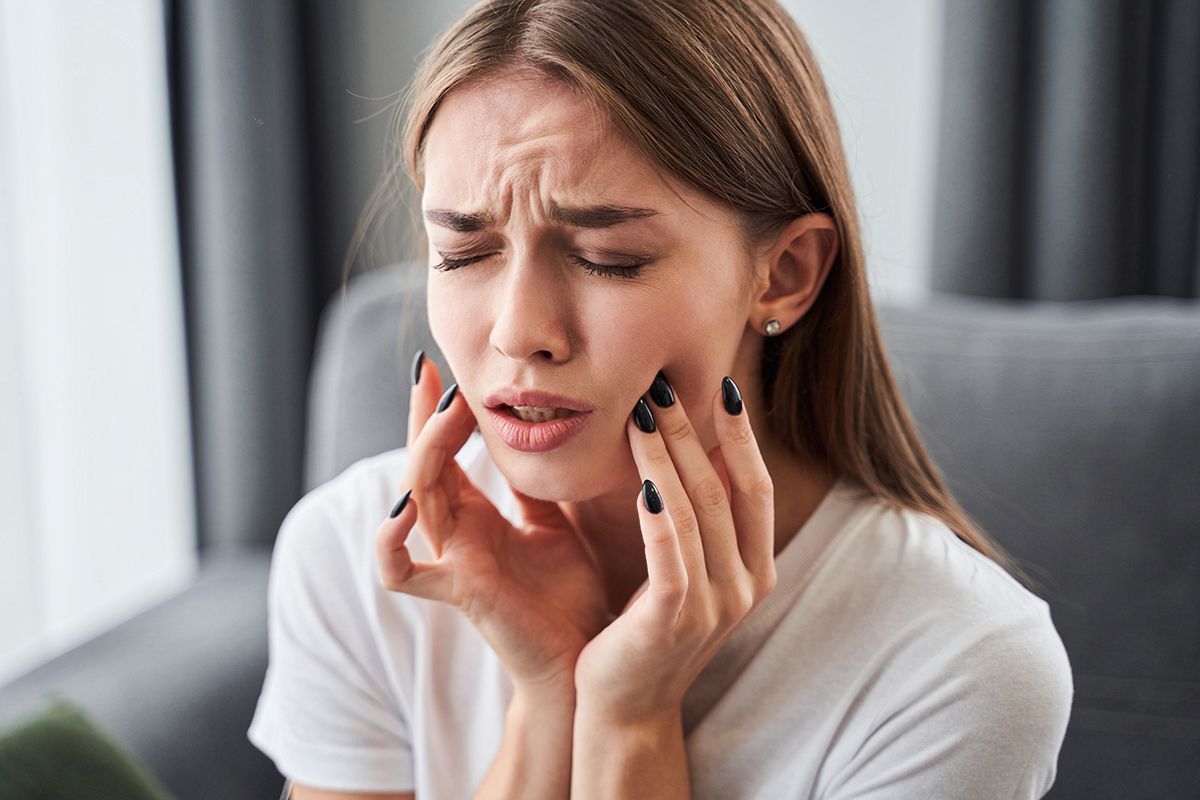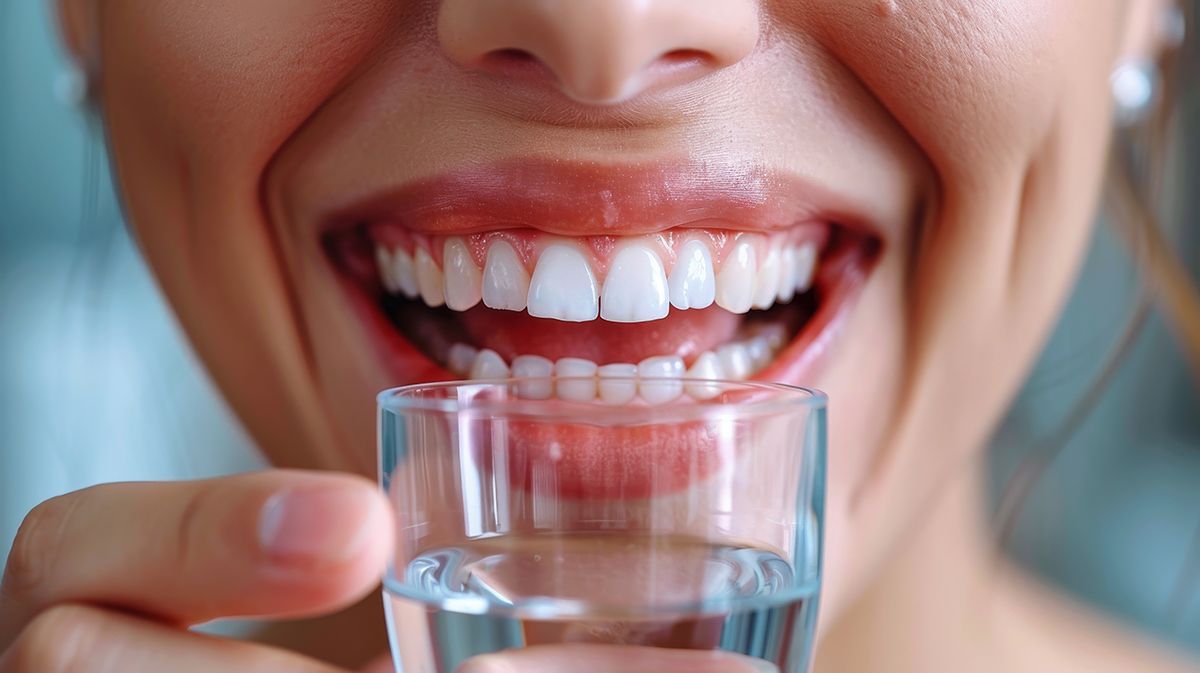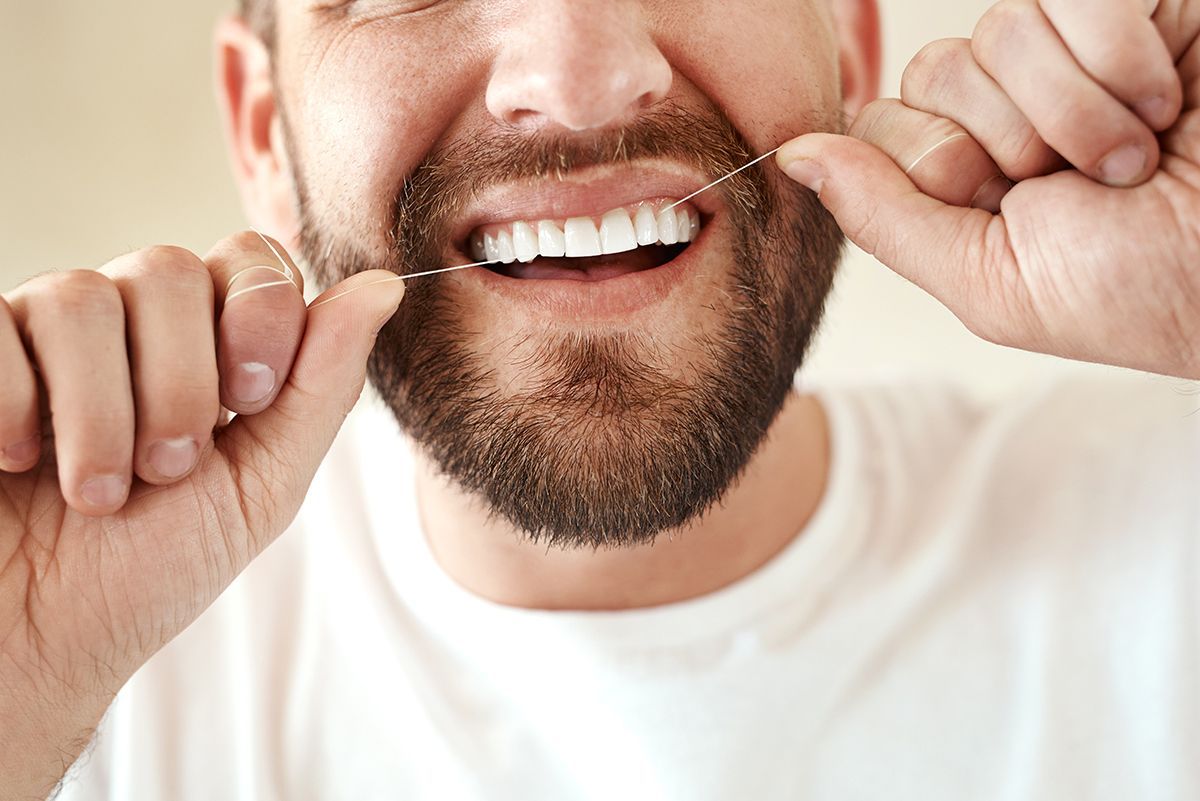How to Whiten Teeth
At Oadby Dental Clinic, our primary goal is to help our patients achieve and maintain healthy teeth as we know that a brighter, whiter smile can boost confidence and self-esteem. However, when it comes to teeth whitening, care and knowledge is crucial. In this comprehensive guide, we will provide you with insights from our professional perspective on how to whiten teeth safely, address concerns like white spots, and ensure the longevity of your results. We'll also discuss the science behind teeth whitening, its safety, and practical tips for maintaining your oral health throughout the process.
How to Whiten Teeth
Teeth whitening is a popular cosmetic procedure that can enhance your smile's appearance.
Here's what you need to know about the various methods available:
1. Over-the-Counter Products
These include whitening toothpastes, strips, and gels. While they can provide very mild improvements, they may not deliver the results you desire or that can be achieved from professional treatments.
2. Professional Whitening
Dentists offer in-clinic teeth whitening treatments using potent bleaching agents, such as hydrogen peroxide or carbamide peroxide. These treatments are more effective and provide quicker results.
3. Custom Home Whitening Kits
Dentists can also provide custom-fitted trays and professional-grade whitening gel for at-home use. These kits offer a balance between convenience and effectiveness.
At
Oadby Dental Clinic we create custom-made mouth trays perfectly moulded to the contours of your mouth. A whitening gel is placed in the tray which you then wear whilst asleep or for short periods during the day. Results are normally seen over 2 weeks.
How to Get Rid of White Spots on Teeth
White spots on teeth can result from various factors such as excessive fluoride exposure during tooth development, enamel hypoplasia, demineralisation due to poor oral hygiene or acidic drinks, early tooth decay, and medication use. These spots may be a sign of dental problems and should be assessed by a dentist for an accurate diagnosis and appropriate treatment. Preventive measures, including good oral hygiene and a balanced diet, can help maintain healthy enamel and reduce the risk of development.
Here are some of the ways white spots can be addressed:
1. Fluoride Treatment
A dentist can apply fluoride treatments to remineralise enamel and reduce white spots.
2. Microabrasion
This procedure involves removing a thin layer of enamel to reduce the appearance of white spots. It's a minimally invasive option for more significant spots.
3. Professional Whitening
In some cases, professional teeth whitening can help even out the colour of your teeth, making white spots less noticeable.
How Does Teeth Whitening Work?
Teeth whitening relies on the use of bleaching agents, such as hydrogen peroxide or carbamide peroxide, to break down and remove stains. In professional treatments, specialised lights or lasers can accelerate this process. The bleaching agents penetrate the tooth enamel, oxidising and breaking down stain molecules. This results in a whiter appearance.
Teeth Whitening When Pregnant
Pregnancy brings unique considerations, and elective dental procedures should be approached with caution during the first trimester. While there's limited research on teeth whitening's safety during pregnancy, it's generally advisable to postpone cosmetic procedures until after birth. During this time, maintaining excellent oral hygiene and avoiding staining substances can help maintain a healthy smile. If you have concerns about the safety of whitening products during pregnancy, consult both your obstetrician and dentist for personalised guidance.
What Causes Teeth Discolouration?
Tooth discoloration can stem from either extrinsic causes, which affect the surface of the tooth, or intrinsic factors, which impact the tooth's internal structure. During childhood, teeth can develop discoloration due to illnesses or the administration of tetracycline antibiotics. Additionally, discoloration may occur if the nerve within the tooth's root canal becomes damaged or dies, often due to tooth decay or injury. Also, as a natural part of the ageing process, teeth tend to naturally darken over time.
Well-known causes of tooth stains are tobacco (tar), strong tea, coffee, red wine and melanoidins (large discolouring molecules from cooked vegetable oils). Medicines containing iron and heavily coloured foodstuffs can also be a contributing influence.

How Long Does Teeth Whitening Last?
The longevity of teeth whitening results varies depending on factors such as your lifestyle and the method used. In general, professional teeth whitening can last up to three years, while over-the-counter products may offer shorter-lasting results. Occasional touch-up treatments with at-home kits or professional treatments can help maintain your results.
How to Keep Teeth White
Maintaining the results of teeth whitening requires a proactive approach:
1. Good Oral Hygiene
Regular brushing, flossing, and professional cleanings are essential to prevent stains and plaque buildup.
2. Dietary Choices
Limit consumption of staining foods and beverages like coffee, tea, and red wine. Use a paper straw when possible to minimise contact.
3. Avoid Smoking
Smoking can quickly stain teeth. Quitting not only benefits your overall health but also helps maintain a whiter smile.
4. Regular Dental Check-ups
Routine visits to your dentist ensure that any emerging issues are addressed promptly.
Is Whitening Bad for Your Teeth?
When performed by a trained professional and following guidelines, teeth whitening is safe and does not harm your teeth. However, overuse of whitening products or misuse of at-home kits can lead to tooth sensitivity and gum irritation. Always follow instructions carefully and consult your dentist before beginning any whitening regimen. If you have existing dental issues like cavities or gum disease, addressing these concerns before whitening is essential to avoid complications.
How to Whiten Teeth Safely
To ensure safe teeth whitening, consider the following recommendations:
1. Consult Your Dentist
Seek guidance from your dentist to determine the most suitable whitening method based on your oral health and goals.
2. Choose Professional Treatment
If possible, opt for professional whitening, which is safer and more effective than over-the-counter products.
3. Follow Professional Advice
Adhere to your dentist's recommendations and instructions for at-home treatments.
4. Monitor Sensitivity
If you experience tooth sensitivity or gum irritation, discontinue the treatment and consult your dentist.
As a renowned cosmetic dentist in Oadby, Leicester, we emphasise the importance of a healthy smile and understand the desire for a whiter, brighter appearance. Teeth whitening, when done correctly, is a safe and effective way to achieve this goal. However, it's essential to approach it with caution, consult your dentist for personalised guidance, and prioritise overall oral health with regular check-ups and good hygiene practices.


We always try to see our patients on time. However, there are times when you may be kept waiting. There is normally a good reason for it, and we do appreciate your patience. If you have to cancel an appointment, please give us as much notice as possible, and preferably no less than 24 hours or else charges may apply. if the appointment is a longer appointment we will require at least 48 hours notice for cancellations. We make a charge for private appointments broken without notice/insufficient notice. For NHS appointments, we will no longer offer any future appointments if you miss 2 appointments in any one rolling year, or cancel without appropriate notice.
For all new patient appointments a £50.00 deposit will be taken.

